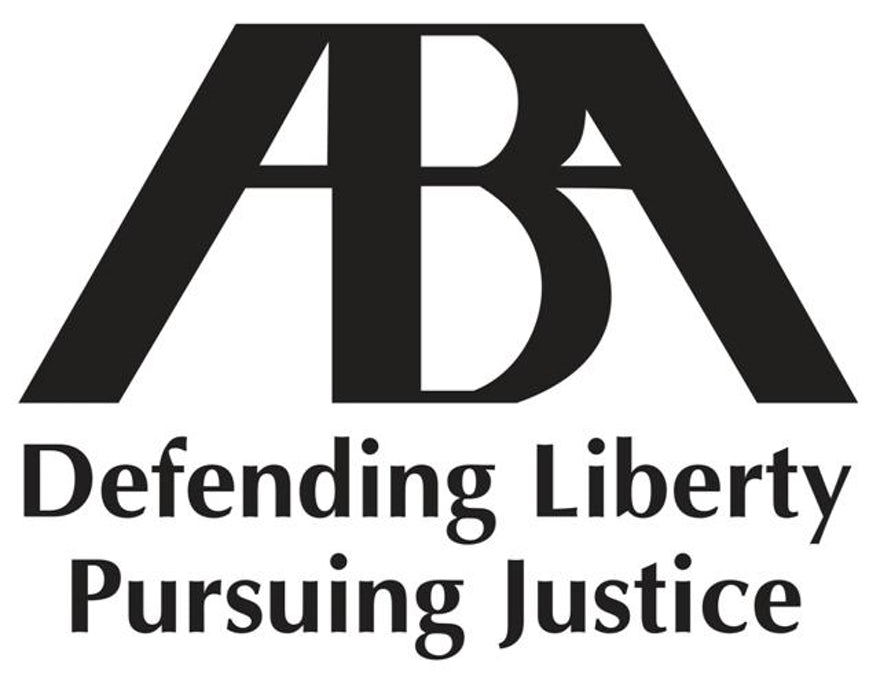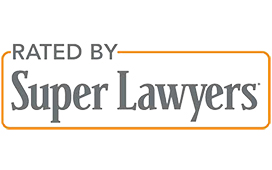Bankruptcy Lawyer in Reno
Talk to a Bankruptcy Attorney in Reno About the 341 Meeting of Creditors
The bankruptcy filing process enables an individual to pay off debts and offers an opportunity for a fresh restart. Creditors also use the process to recoup some repayment from liquidating the individual’s assets. Therefore, in a nutshell, the ability to file for bankruptcy is beneficial for all parties involved.
A significant challenge occurs when persons involved in bankruptcy cases fail to understand the bankruptcy process and what it entails. In order for you as a participant to have a seamless debt relief procedure, you must be conversant with issues such as the 341 meetings, lien stripping, and how to pay off creditors.
This guide covers the fundamentals of 341 meetings and explains how a bankruptcy attorney can take you through the Chapters 7 and 13 filing processes.
The Bankruptcy Process in Nevada
In the United States, bankruptcy laws are stipulated in the Constitution. These laws give debtors a chance for a fresh start, protect their rights as American citizens, and are found in the Title 11 of the United States Code.
The law protects citizens’ property rights throughout the bankruptcy process. As long as you meet specific criteria, you pursue bankruptcy protection. It is vital to add that you can file for bankruptcy under Chapter 7 or Chapter 13 of the United States Code’s Title 11 as an individual.
The following section covers both instances.
Chapter 7 and Chapter 13 Bankruptcy
Individuals and married couples can only file under Chapter 7 if their income levels fall below Nevada’s median income. Your debts are discharged if the court finds that you satisfy this criterion. A debt discharge means that your debt liability ends, and nothing is left for the creditor to collect. The creditor is also prohibited from wage garnishment, forced eviction, foreclosing your home, turning off your utilities, or repossessing your property. The court then rules on how the said debt should be discharged.
Nevertheless, individuals or families holding assets that exceed the allowable exemptions will see their assets seized for liquidation. The chosen bankruptcy trustee is tasked with selling off the assets and paying the creditors their dues.
A Chapter 13 bankruptcy is quite different. These proceedings are referred to as wage earners’ bankruptcy since debt restructuring is the essence of the settlement process. Debt restructuring entails easing loan interest rates, postponing the repayment timelines, or both. This process enables individuals to repay their debt while remaining financially stable. As an individual, you must have enough income for the Chapter 13 bankruptcy to continue.
How to Know if You Are Eligible for a Chapter 7 Bankruptcy
The following are required before a bankruptcy court can approve your filing:
- Undertake a debt counseling course for more than six months before filing.
- You must not have filed a Chapter 7 bankruptcy or a Chapter 13 bankruptcy within the last 8 and 6 years, respectively.
- If you had filed a dismissed Chapter 7 or Chapter 13 bankruptcy case, 181 days must pass before you can try again.
- Your average monthly income must be lower than Nevada’s mean household income. The court will also want you to pass a means test. The aim is to establish whether the amount of disposable income you get per month is enough to make partial payments.
How to Know if You Are Eligible for a Chapter 13 Bankruptcy

Before filing for a Chapter 13 bankruptcy in court, the only primary requirement is that you develop and forward a reorganization plan to safeguard critical assets against foreclosure or repossession. An example of such as asset is a house.
You must also have a stable income and file your current taxes on time. Income can be from a pension, unemployment compensation, social security payments, rent, royalties, or property sale proceeds.
In addition, the court prevents you from going forward if you had a Chapter 13 case within the last two years or a Chapter 7 case within the last four years. Finally, you must maintain an unsecured debt of not more than $419,275 or a secured debt of not more than $1,257,850.
The 341 Meeting of Creditors
In both Chapter 7 and Chapter 13 bankruptcy proceedings, there is a 341 meeting of creditors.
So, What Is a 341 Meeting of Creditors, and What Is Involved?
In the state of Nevada, persons filing for bankruptcy must appear in a meeting of the creditors (or the trustee’s meeting). These arrangements examine the individual’s financial condition to decide the best way forward. However, creditors do not always attend 341 meetings.
The trustees tasked with chairing these appointments must review the individual’s documents and financial disclosures to decide whether there are any inconsistencies. For example, the person filing for bankruptcy might have illegally disposed of or concealed nonexempt assets.
Some questions that can be asked are whether all assets have been listed, whether the submitted documents are correct, or whether all debts have been disclosed. The person filing for bankruptcy should answer all the questions truthfully and swear under oath.
The 341 Meeting of Creditors During a Chapter 7 Hearing
During this hearing, the trustees are supposed to verify the individual’s identity and ask the questions mentioned above under oath. If the creditors are present, they will inquire about the individual’s financial status and the information that appears in the bankruptcy papers.
When it is time for your case, the trustee calls you to the stand, and the examination begins. The verification process mainly involves questions about your nonexempt assets, which are expected to be liquidated to repay your debts. If you have a bankruptcy attorney, they should have proper knowledge about these issues for easy resolution.
The 341 Meeting of Creditors During a Chapter 13 Hearing
Although Chapters 7 and 13 341 meeting of creditors are similar, there is one main difference. While the trustee in a Chapter 7 hearing focuses on your assets, the one in a Chapter 13 hearing is more involved in ascertaining your income and expenses. The aim is to examine whether the predetermined repayment plan can work.
As such, the trustee and any creditors present can ask some questions, concerns, or oppositions to your plan so that you can come up with a better one.
Your lawyer’s duty is to justify the plan and answer the questions to their best. However, if your plan is deemed insufficient, you are allowed to amend the same and schedule another 341 meeting of creditors. Although this is rare, the case can also be dismissed if your problems are considered relatively severe.
Some Facts You Need to Know About the 341 Meeting of Creditors
-
The Meetings Are Mandatory
Simply put, you must attend these appointments. These meetings are obligatory, and all summoned parties must attend. Advance notices are issued weeks before, so it is vital to stick to the schedule.
Again, with your lawyer, ensure you review all the necessary information to avoid any inconsistencies or delays.
-
Identity Verification Is Vital
For the bankruptcy proceedings to proceed as expected, the identities of the involved parties must be verified. The aim is to avoid cases of mistaken identities. If you are filing for bankruptcy, reveal your social security number and carry photo identification.
-
Several Meetings Are Scheduled at the Same Time
It is not uncommon to find that your meeting of creditors has been scheduled concurrently with others. Sometimes, there can be 10 or 12 meetings that all need to be completed. However, one case is held at a time. The upside is that these hearings are respectful and courteous, so you only have to worry about providing accurate information and presenting your case with your bankruptcy attorney.
-
341 Meetings of Creditors Are Not Court Hearings
Lastly, you must note that no bankruptcy judge can attend a meeting of creditors as this is not a court hearing. The advantage is that the trustee can decide no legally binding verdicts for you. Nevertheless, these meetings are professional, so avoid any guesswork. It is vital to add that statements made during 341 meetings are recorded for future reference.
Get a Bankruptcy Attorney in Reno to Maneuver the 341 Meeting of Creditors
In Nevada, the Chapter 7 and 13 bankruptcy proceedings are complex undertakings. Several procedures must be followed, and necessary documents must be filed. You must also know what procedure works for you to pay off your debts effectively.
If you are searching for a bankruptcy attorney in Reno, contact us to learn more about whether you qualify for Chapter 7 or 13 341 meeting of creditors. At Nevada Bankruptcy Attorneys, we know that having debt is a daunting prospect due to the difficulties involved in maintaining and paying it off. This is why you need to talk to an experienced bankruptcy practice in Reno.
Our lawyers can tackle both Chapter 7 and Chapter 13 bankruptcy cases within Nevada. If you are in Reno, we can assist you in deciding whether bankruptcy is the best option. Call us today at (702) 805-1659 7.







